- The Questions
- Outline of Methodology
- Physiology
- Protein Profile Strategy
- Project Status and Schedule
- References
- Supplements
The Questions
If an athlete ingests very close to zero carbohydrate (at rest, in training, and in event), can s/he continue to improve performance, approaching genetic potential, in ultra-endurance events.
E.g. can I perform as well as I could if I had utilized carbohydrate?
There are a few underlying, scientific questions, having answers for which would really help to answer the practical questions, but I’m not sure how far along the science is on this. I know that in the ultra-endurance training world, it is conventional wisdom that these questions are well enough understood to discard the idea of satisfying carbohydrate requirements via consuming protein (as fuel to replenish glycogen via gluconeogenesis) during ultra events. I want to question that assumption.
The fundamental questions that would make the practical question more simple:
- “How long”* does it take to replenish glycogen stores via protein-based gluconeogenesis compared to the same from ingested glucose? (*Whatever units / factors make sense to that question.)
- What is the conversion factor that relates [ingested glucose (g or kcal) —> unit of glycogen] vs [ingested protein (g or kcal) —> (gluconeogenesis)—> unit of glycogen]. … eg… how many grams of protein are required to generate the same amount of glycogen as X grams of glucose?
- Is gluconeogenesis from protein primarily triggered by need for glucose or an abundance of protein? [Dr. Ken Berry] Gluconeogenesis is a demand-driven process.
- Does protein intake always raise insulin levels? ..why and to what degree based on what factors?
The conventional wisdom is that gluconeogenesis is too complicated and/or takes too long to replenish glycogen in “real-time”. … in-event… I think if the two questions above were answered, it would be much more simple to formulate practical studies to test this (the same way we experiment with grams/calories of sugar per hour to find our own, unique needs.) In running, the ranges of these values (grams of carbs per hour) seem to be pretty well agreed upon (relative to environmental and athlete conditions).
I have asked this question of a few public figures, and these two responses are interesting. Zach Bitter recently set 100 mile speed records and is one of the top ultra-marathon runners, world-wide. He operates at a near a clinical, ketogenic diet when in low-intensity/volume training phases, and he periodizes carbohydrate with training and competition. He uses carbohydrate in-event, but still at much lower levels than many believe are required. Anthony Chaffee is an MD, former All-American Rugby player.. advocates a science-based position that promotes a pure carnivore way of eating for humans. (There are many other interesting voices out there, and we will include many of them in the References section below.). These are Zach’s and Dr. Chaffee’s answers to my question:
@hackingultra to @ZachBitterUltra
Thank you for your work .. we are all benefiting from your willingness to share your experience in such detail .. uncommon for athletes at the very top of their sport … what do you think about titrating protein instead of carbs in the periodization? I have been keto / fat adapted for ~8 years, recently, close to 100% carnivore diet .. just had a DXA scan, gained 8.2 lbs of muscle, lost 5.8 lbs of fat over past 12 weeks .. (6 of those weeks grounded by 5th meta fracture) .. I’m curious if neoglucogenisis from protein would be sufficient to replenish glycogen in-event, or if that process would be too slow. Clearly, that process is more than enough for the brain’s glucose requirement. Thx again!!!
@ZachBitterUltra to @hackingultra
No problem! Although gluconeogenesis can be helpful in replacing glycogen stores, it is a multi-step process that would not be sufficient to defend glycogen during a long event itself. If you take someone eating LOTS of protein, and doing some very high intensity training with long periods between, they may be able to do it (think Shawn Baker).
@hackingultra to @Anthony Chaffee MD
@Anthony Chaffee MD do you know anyone looking at glycogen from neoglucogenesis during ultra endurance events? zach bitter is keto-carnivore-ish, but still periodizes carbs..
@Anthony Chaffee MD to @hackingultra
Teavana I’ve never had better stamina than on carnivore doing 8 hour workouts and non stop wind sprints, running in between, for 10s of miles at a time.
I’ve spoken to Zach, and I’ve told him I think he would do even better dropping all carbs
Outline of Methodology:
- Currently, the only carbohydrate that I consume is from fermented milk products and whatever glycogen is in the muscle meat that I consume (mostly ruminant).
- For injury prevention as much as anything, I am focused on strength and mobility training. Also, increasing volume (time, distance, and frequency) of hiking. …not running on foot, yet (12/1/2022).. will introduce running when more confident that degree of risk of re-injury is acceptable.
- When I begin running, I am going to do high-intensity training .. I.e. 5K training .. while I still maintain long runs/hikes … forcing my body to turn-over glycogen. The ultimate question is about ultra-endurance, but I want to be sure that I am creating a substantial need for glycogen.
- I will periodize my protein intake along with strength and cardio training .. We do not have a lot of data regrading the forms, volume, and timing of proteins and amino acids most advantageous to the various forms and phases of running training .. my diet is generally fresh, whole animal products .. meat, fermented milk, eggs. We will continue to experiment with isolated proteins … collagen peptides, EAA, BCAA, whole proteins, creatine, etc.. See Protein Profile Strategy below
- I will see how well I perform and recover, particular to quality changes over time .. I should either thrive or exhibit clear limitations in terms of fueling, recovery, and ability to perform (potentially leading to the conclusion of the study and the re-introduction of carbohydrate)
- The first 30 days of the experiment (leading up to FF 50 Miler), we will continue the elimination / simplification nutritional program. There significant physiological changes underway after 40 years of alcohol, nicotine, and sugar mis-use… along with unhealthy levels of cortisol, adrenaline .. over-used sympathetic nervous system, etc)[on-going, over-stimulation detox and recovery]
- We will utilize Blood-analysis, DXA, RMR, VO2Max/Lactate testing as frequently as practical. Pending: addition of CGM
Physiology
- Glycogenesis – Glycogen Synthesis
- Glucogenolysis – Glycogen Metabolism
- Gluconeogenesis
- Glucose-Alanine Cycle – Cahill Cycle
- Nitric Oxide Synthesis Pathway Arginine
- Muscle Metabolism – CPK, Glycolysis, TCA cycle
Protein Profile Strategy
- Essential, Branched Chain, Gluco-/keto-genic Amino Acids
- Alanine and Glutamine
- L-arginine and Citrulline
Essential, Branched Chain, Gluco-/keto-genic Amino Acids
- EAA- Leucine, Isolcucine, Valine, Lysine, Threonine, Phenylalanine, Methionine, Histidiac, Tryptophan
- BCAA – Leucine, Isolcucine, Valine
- Creatine
- Endogenous – kidneys and liver – Glycine, Arginine, Methionine
- Exogenous – Creatine Monohydrate, creatine HCL, creatine ethyl ester
- Provides a phosphate to convert Adenosine Diphosphate (ADP) to ATP for muscular use
- Collagen Peptides –
- alanine and glutamine are the primary amino acids utilized in gluconeogenesis
- L-arginine and Citrulline are precursors to Nitric Oxide – Vasodilation
| Glucogenic Only | Ketogenic Only | Both |
| Alanine Cycteine Glycine Threonine(2) Serine Asparagine Aspartate Methionine(2) Valine(1)(2) Glutamine Proline Histidiac(2) Arginine | Leucine(1)(2) Lysine(2) | Tryptophan(2) Isolcucine(1)(2) Phenylalanine(2) Tyrosine |
Alanine and Glutamine
alanine and glutamine are the primary amino acids utilized in gluconeogenesis
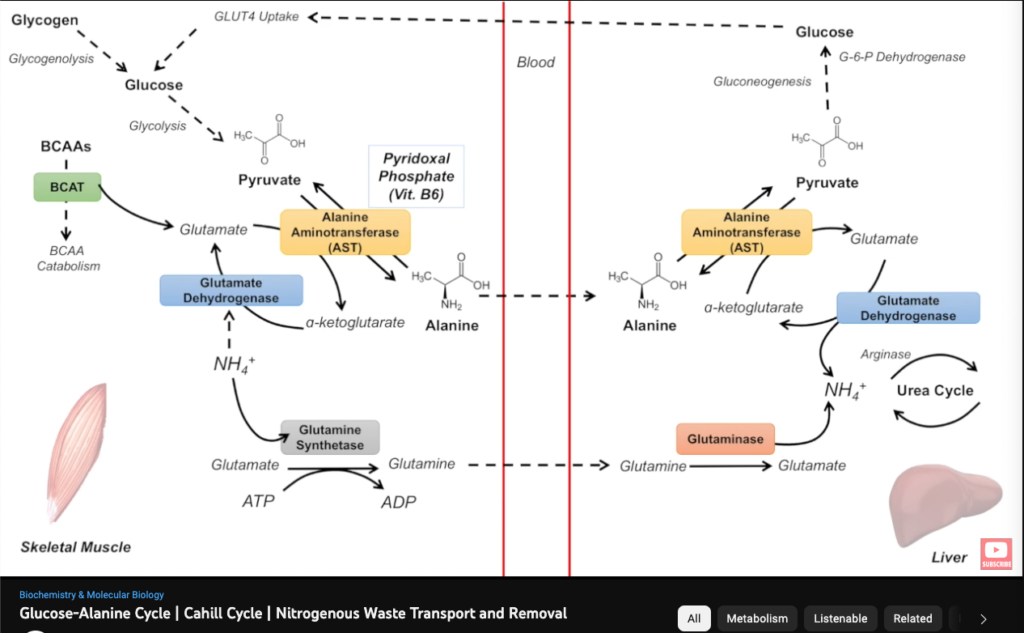
The key difference between beta alanine and L alanine is that beta alanine is a non-proteinogenic amino acid while L alanine is a proteinogenic amino acid. Generally, amino acids are the building blocks of proteins. They combine with each other to form proteins.Jan 26, 2022
What is the Difference Between Beta Alanine and L Alanine
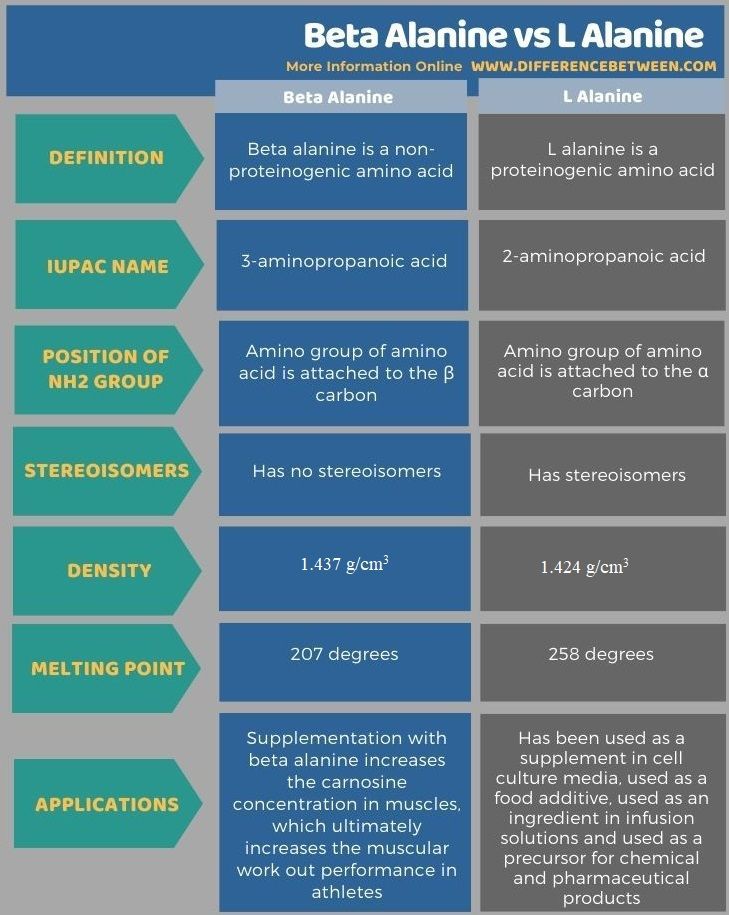
Effects of Glutamine and Alanine Supplementation on Central Fatigue Markers in Rats Submitted to Resistance Training
https://www.ncbi.nlm.nih.gov/pmc/articles/PMC5852695/
L-arginine and Citrulline
L-arginine and Citrulline are precursors to Nitric Oxide – Vasodilation
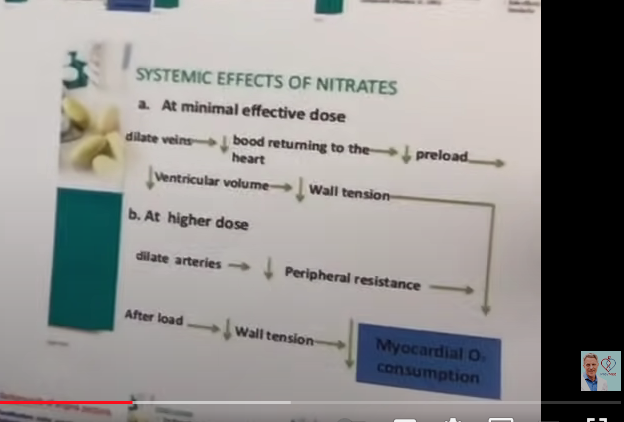
Project Current Status and Schedule
Training Periods
We are focused on Forgotten Florida 50 Mile, 4 Feb 2023. The protein study will extend beyond this event.
Requirements of Protein
- Muscular function, recovery/repair, growth
- Blood glucose (brain) requirements
- Glycogen replenishment / protection

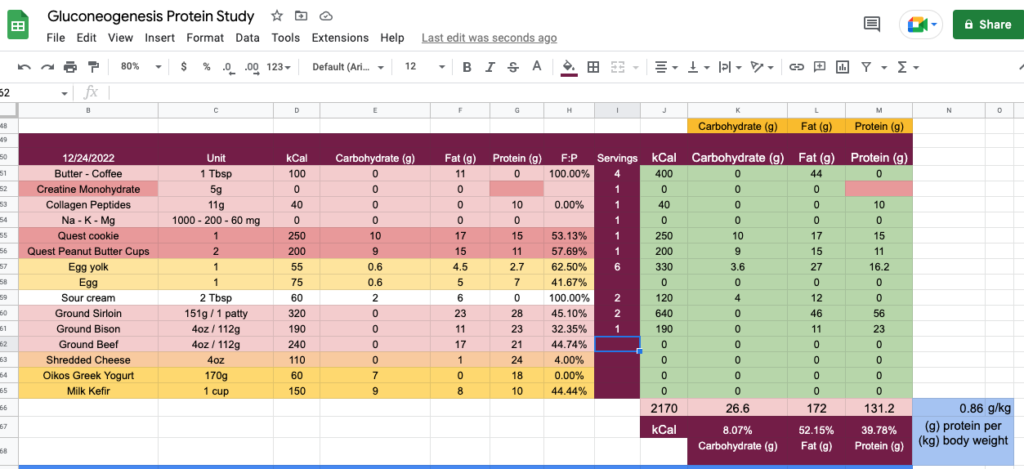
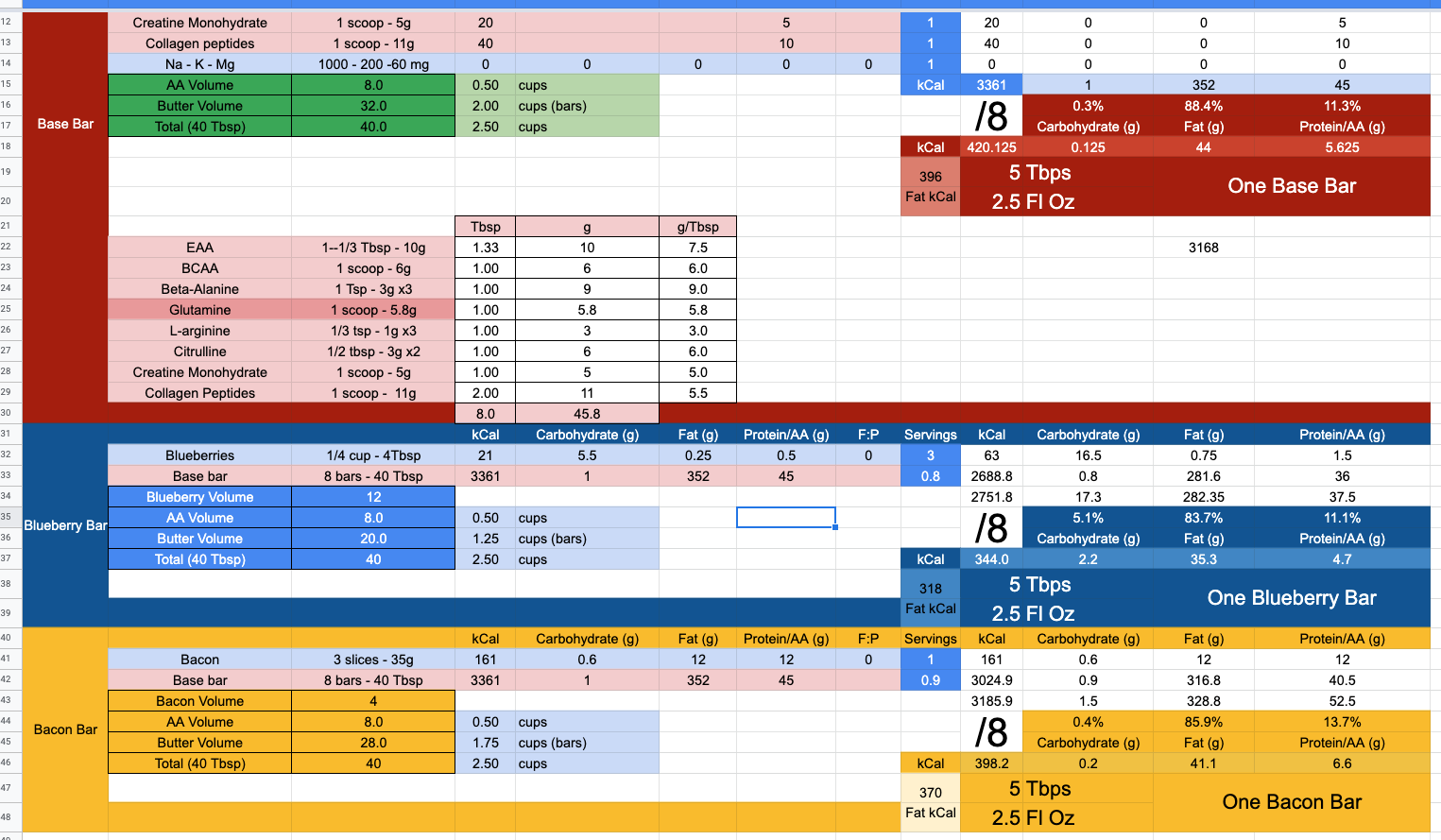
References
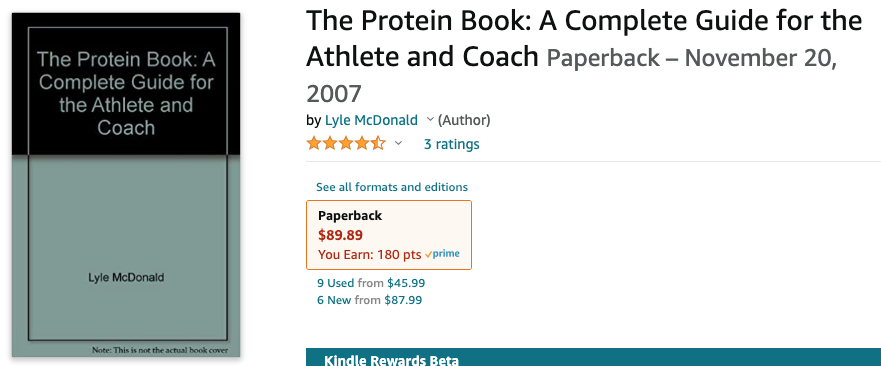
Supplements
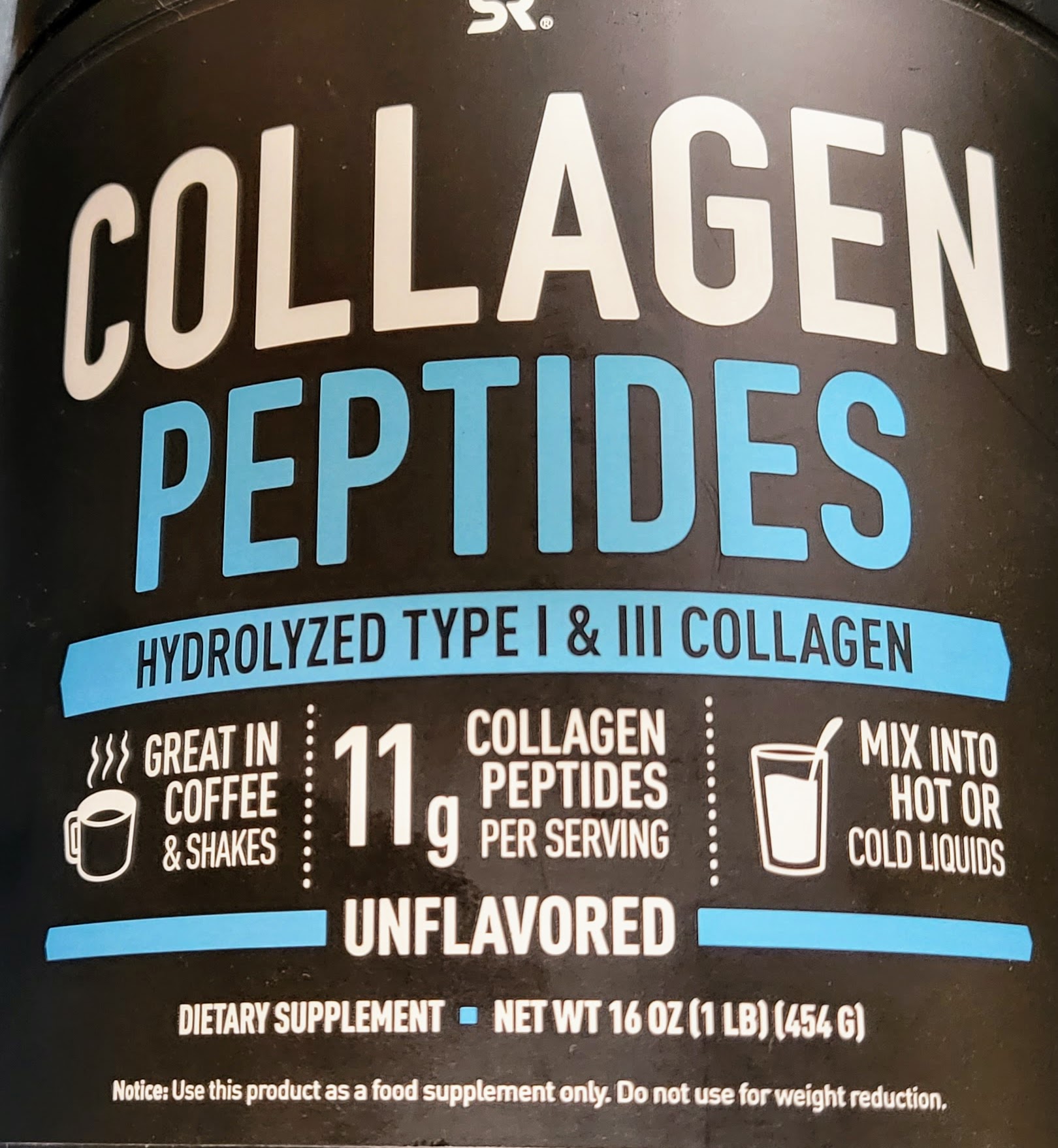
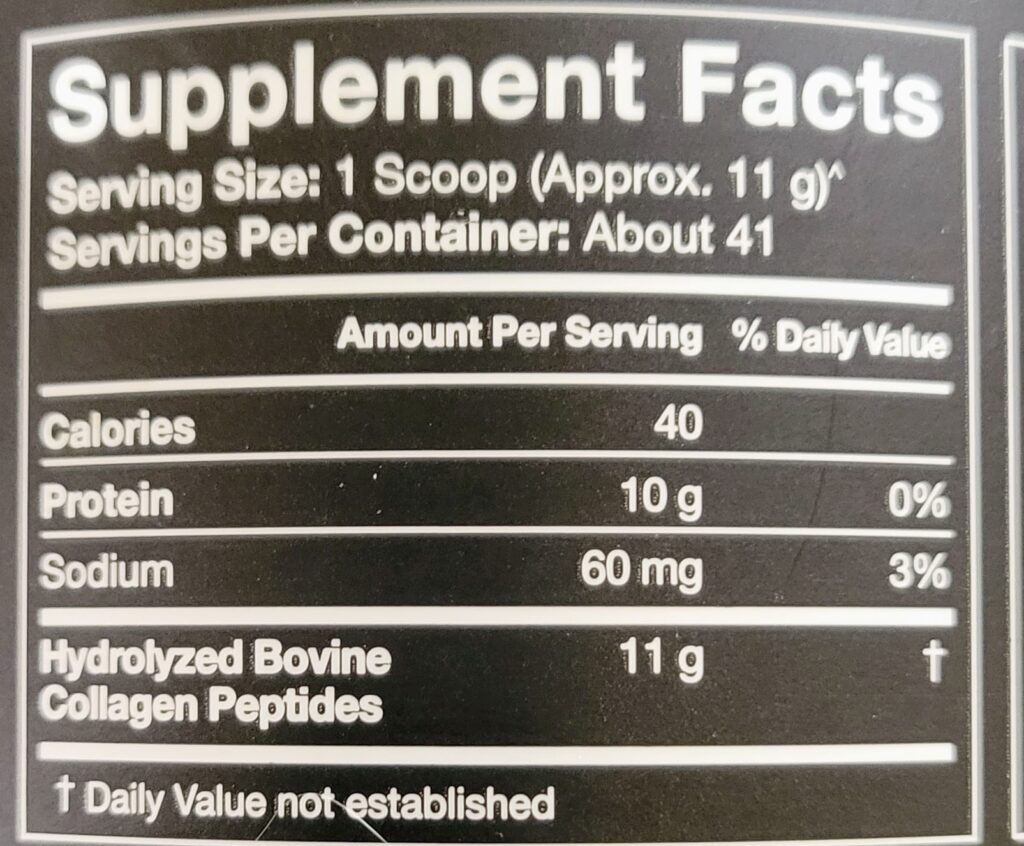
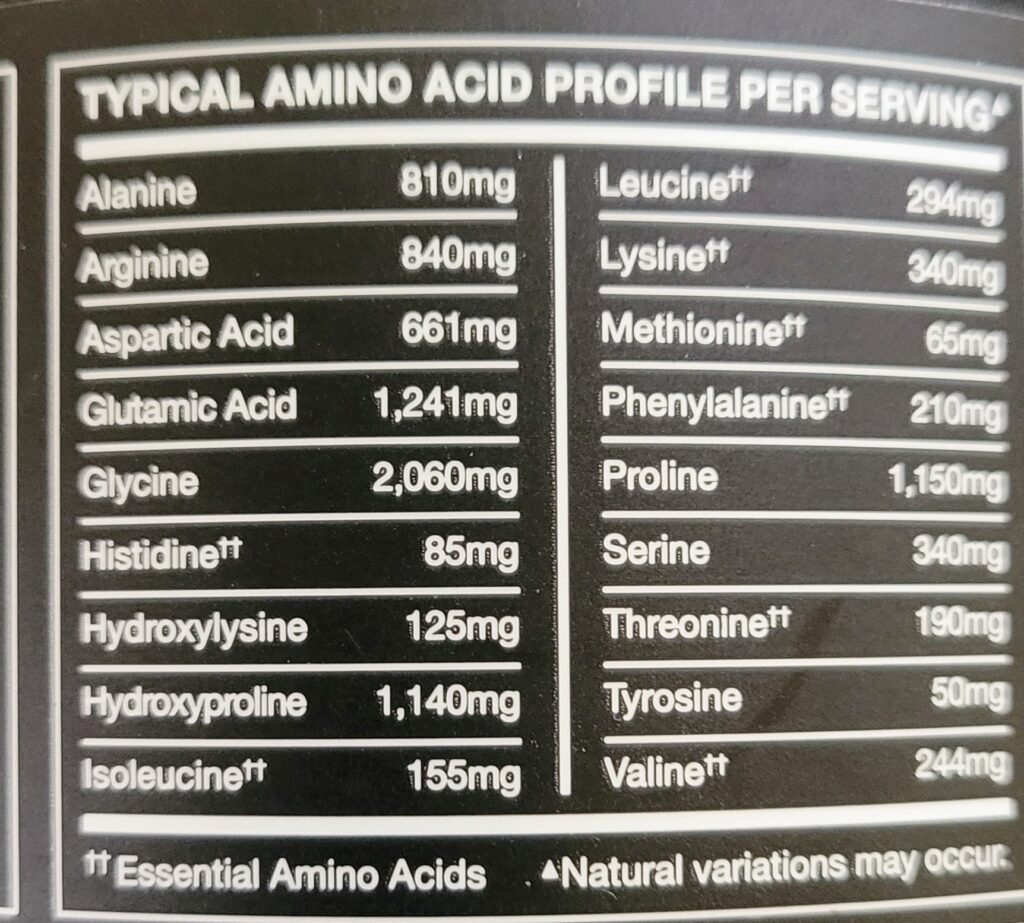
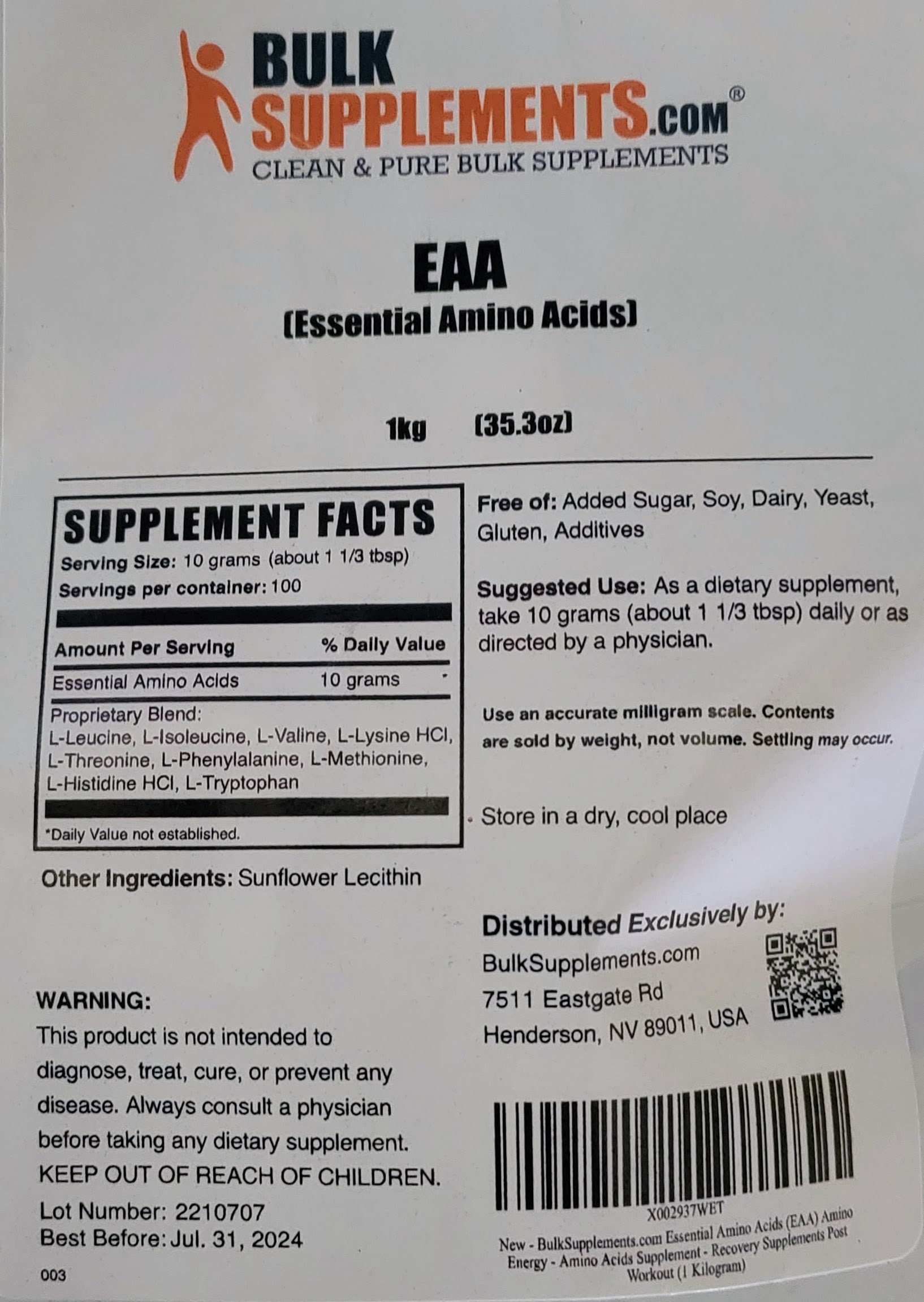
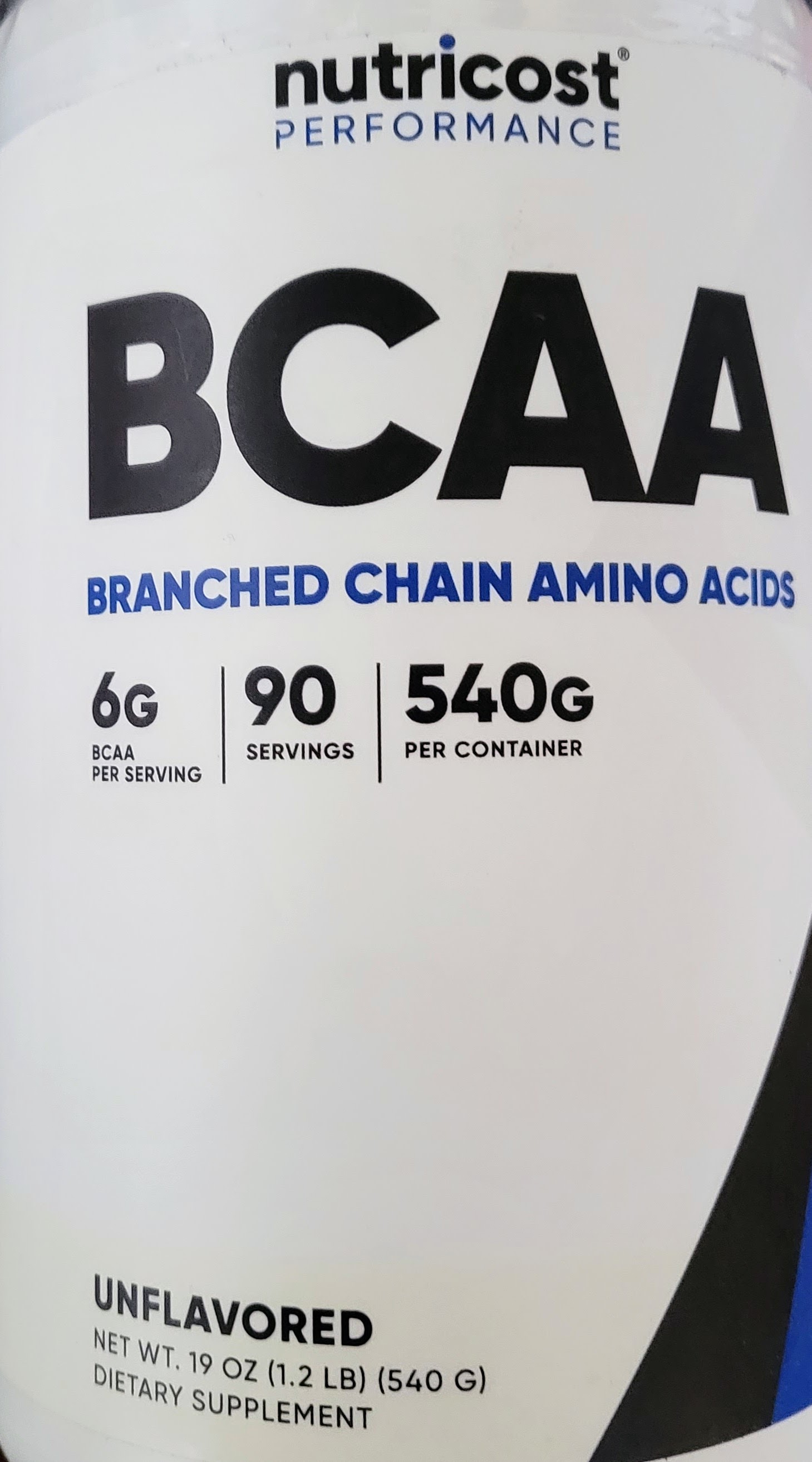
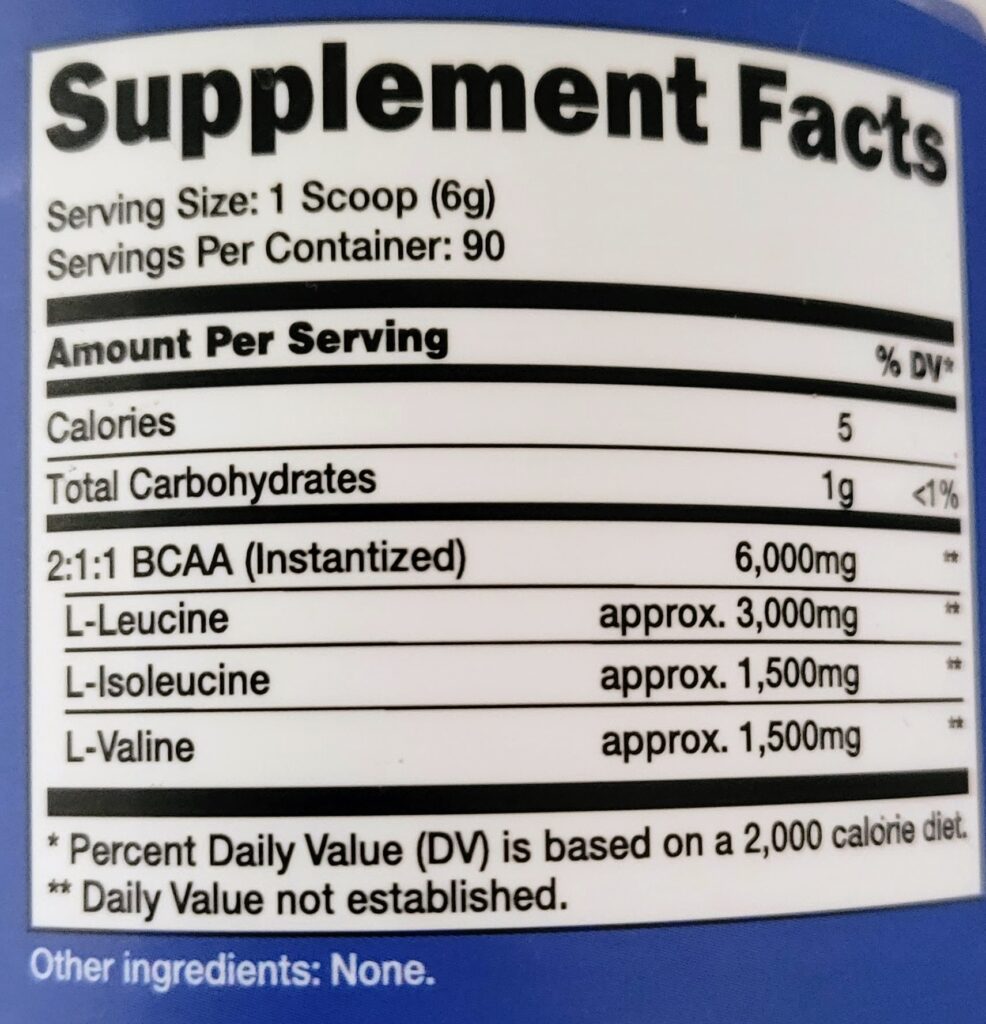
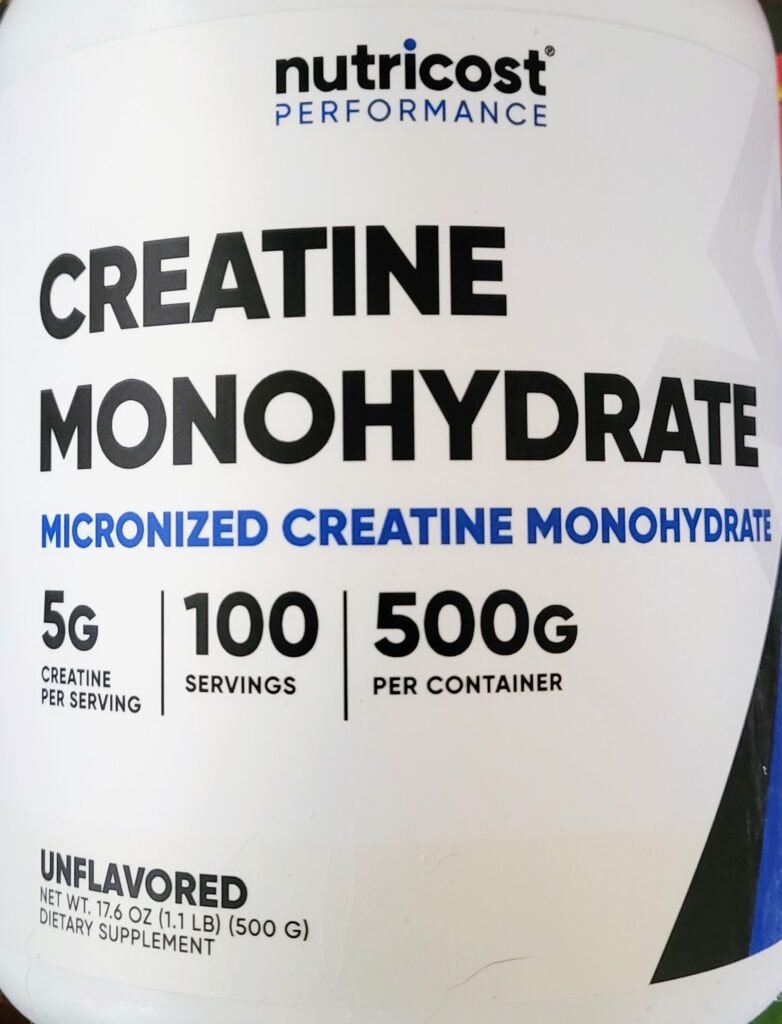
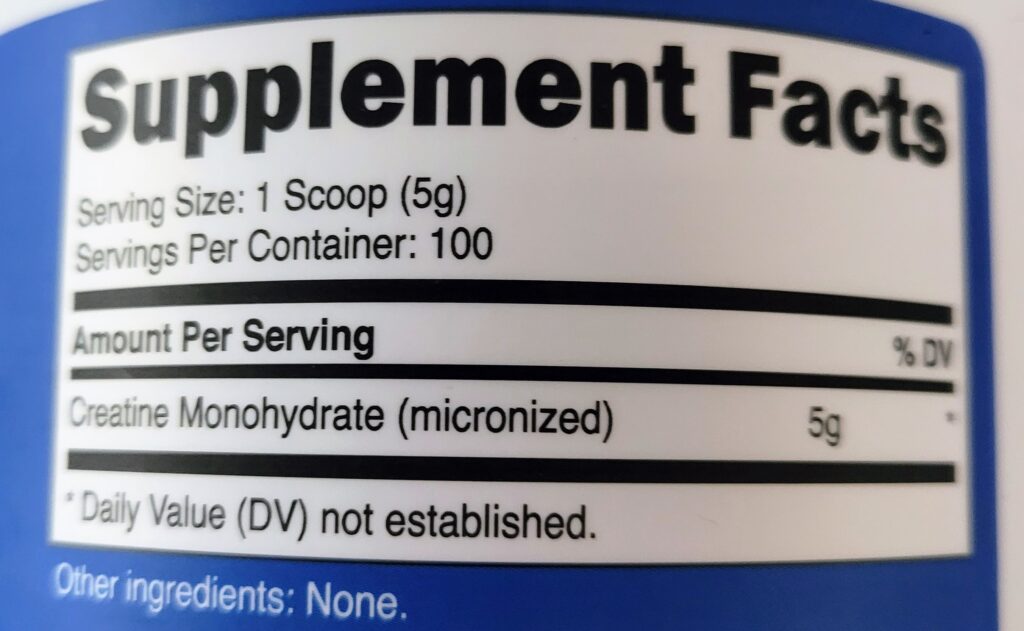
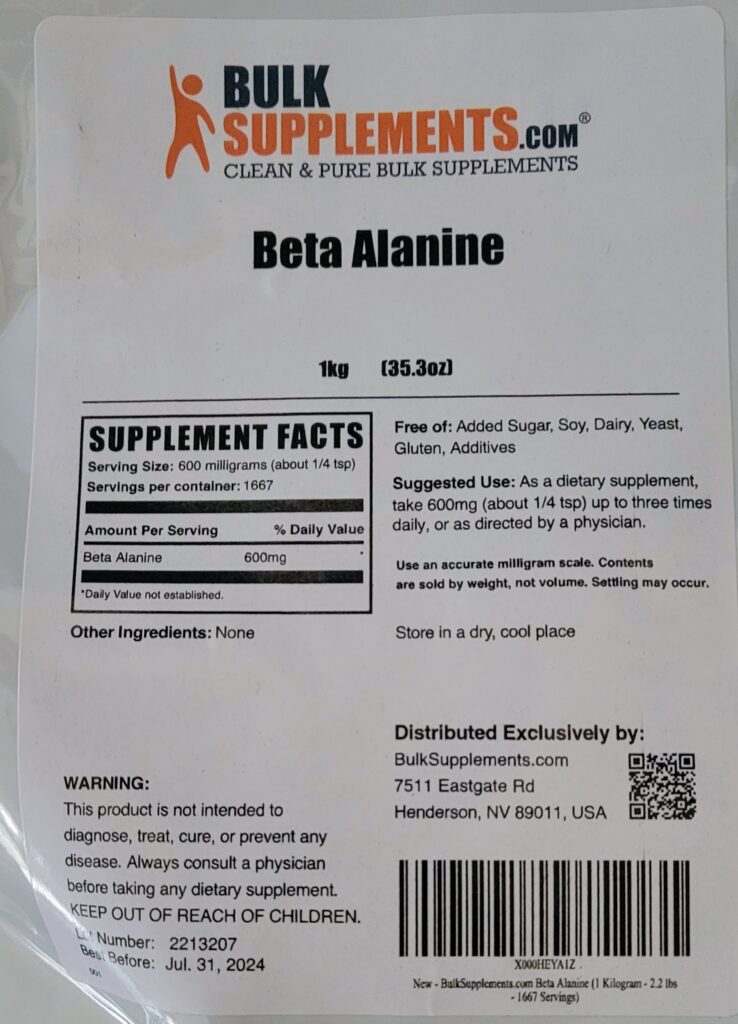
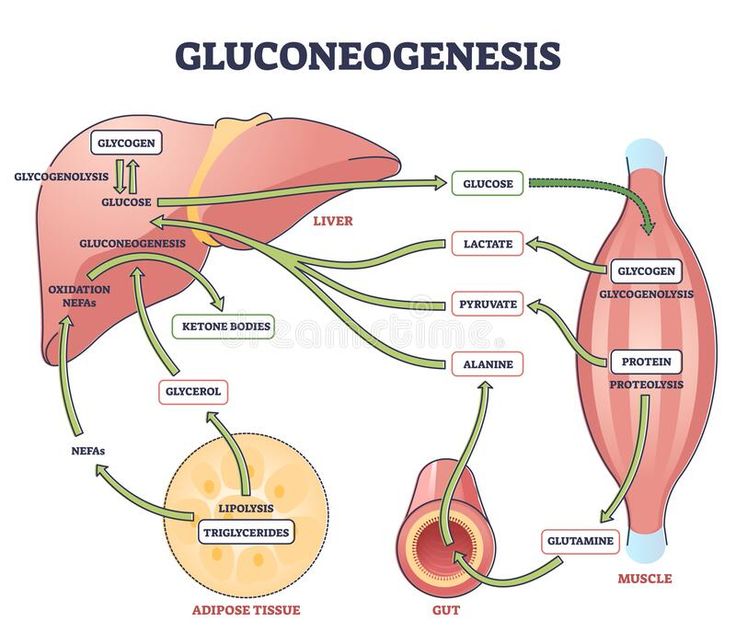


Average Rating